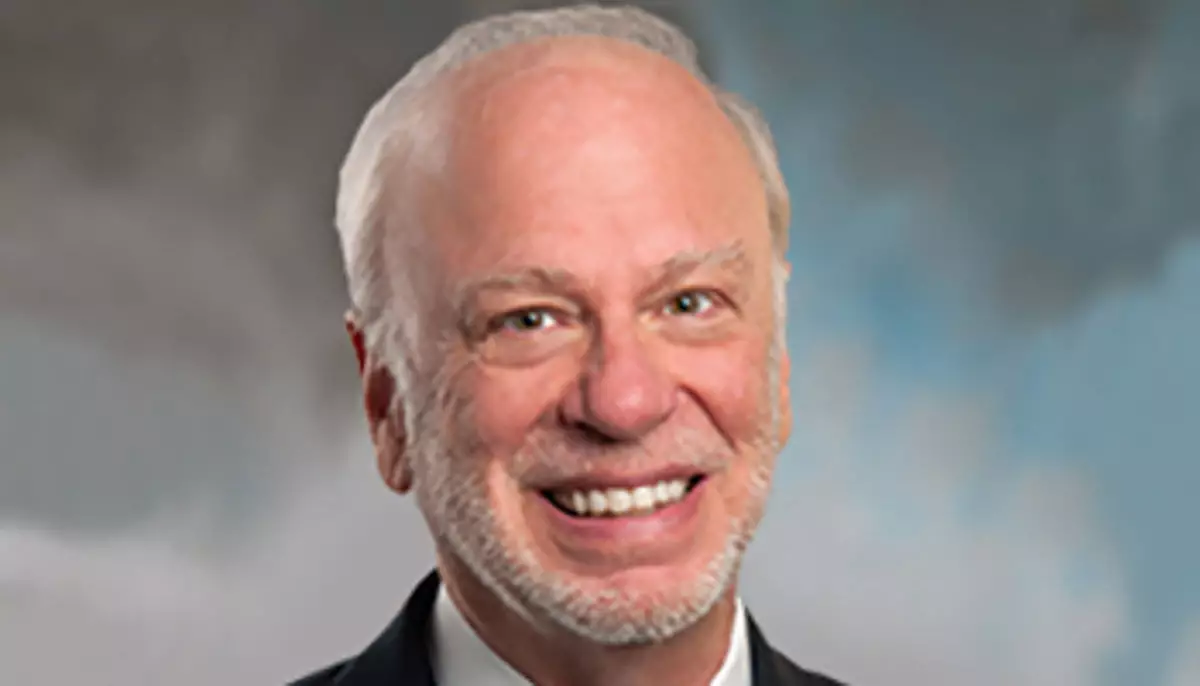Over the past decade, the airline industry has witnessed a notable evolution in consumer protections, driven largely by regulatory interventions aimed at safeguarding passenger rights. Agencies like the Department of Transportation (DOT) have rolled out a series of rules—such as the full-price rule, codeshare transparency, and automatic refunds for cancellations—that reflect a clear shift towards prioritizing consumer interests. These regulations have created a baseline of accountability, ensuring travelers are less vulnerable to unchecked corporate practices.
However, amidst this progress, a fundamental question looms: How durable are these protections in a political climate increasingly skeptical of regulation? The current administration and regulatory framework are under intense pressure from industry lobbyists and conservative legal advocates to roll back or dismantle longstanding protections. A critical eye reveals that these rules, although seemingly entrenched, could be undermined or overturned with relative ease depending on the prevailing political and legal currents.
The Political and Legal Forces Driving Deregulation
The executive orders issued by President Trump introduced a mandate to “identify” and potentially repeal at least ten regulations for every new rule. While this sounds methodical, it has far-reaching implications, effectively creating a permissive environment for deregulation—particularly if agencies interpret this as an overarching license to review and revoke existing rules unilaterally. When combined with the April 9 memorandum that urges agencies to consider repealing “unlawful” regulations without public notice or comment, the machinery of deregulation gains momentum.
This approach raises fundamental concerns about due process and transparency. The Administrative Procedure Act (APA), which typically guarantees public engagement in rulemaking, appears to be sidelined under the guise of legal “good cause.” This legislative shortcut can be invoked when agencies claim immediate repeal is necessary, but such assertions are often contested and unwarranted, especially in cases where consumer protections are concerned.
Moreover, the legal battles ahead are predictable. Many consumer protection advocates argue that these DOT rules are well within statutory authority, and the constitutionally rooted requirement of notice and comment cannot be bypassed lightly. Courts are likely to scrutinize whether agencies truly have “good cause” when eliminating rules that impact millions of airline travelers. The outcome of such litigation, particularly if it reaches the Supreme Court, remains uncertain, but the trend suggests a shift towards favoring deregulation.
Industry Influence and the Threat to Passenger Rights
Perhaps the most troubling aspect of the potential rollback is industry influence. Airlines, historically scrutinized for their opaque practices, have significant lobbying power. Their argument often hinges on claims that consumer protections impose excessive costs or inhibit operational flexibility. While economic arguments can sometimes justify certain deregulations, in the realm of passenger rights, such claims often serve as veiled attempts to weaken protections that were hard-won through decades of advocacy.
The concern is that, if deregulation continues unchecked, passengers will find themselves increasingly vulnerable to unfair treatment, such as unexpected fees, diminished refund rights, and inadequate compensation for disruptions. The recent proposals to mandate overnight lodging and meals for delayed passengers underscore a broader trend—regulators are recognizing that consumer rights are integral to a fair travel experience. Reversing these protections would send a worrying signal: that airline industry profits are prioritized over passenger welfare.
The Road Ahead: A Tenuous Balance of Power
The long-term fate of airline consumer protections hinges on a complex interplay of legal rulings, political will, and industry engagement. With legal challenges imminent and the Supreme Court expected to weigh in within the next year, the regulatory landscape is at a crossroads. The authority of the DOT to maintain these protections is not guaranteed; it rests on interpretations of statutory authority, agency discretion, and judicial oversight.
Despite the current administration’s directives favoring deregulation, history suggests these measures are not absolute. Consumer advocates must remain vigilant and prepared to challenge any rollbacks through the courts. Meanwhile, passengers should recognize that the protections they enjoy today are not guaranteed to persist indefinitely. The debate over regulation is ultimately a reflection of broader ideological battles—between those who value robust consumer rights and those who prioritize deregulation under the guise of promoting industry growth.
In this climate, the future of airline passenger protections will be determined not only by legal and political maneuvering but also by public awareness and advocacy. The battle for travelers’ rights is far from over; it is likely to define the airline industry’s landscape for years to come.


Leave a Reply